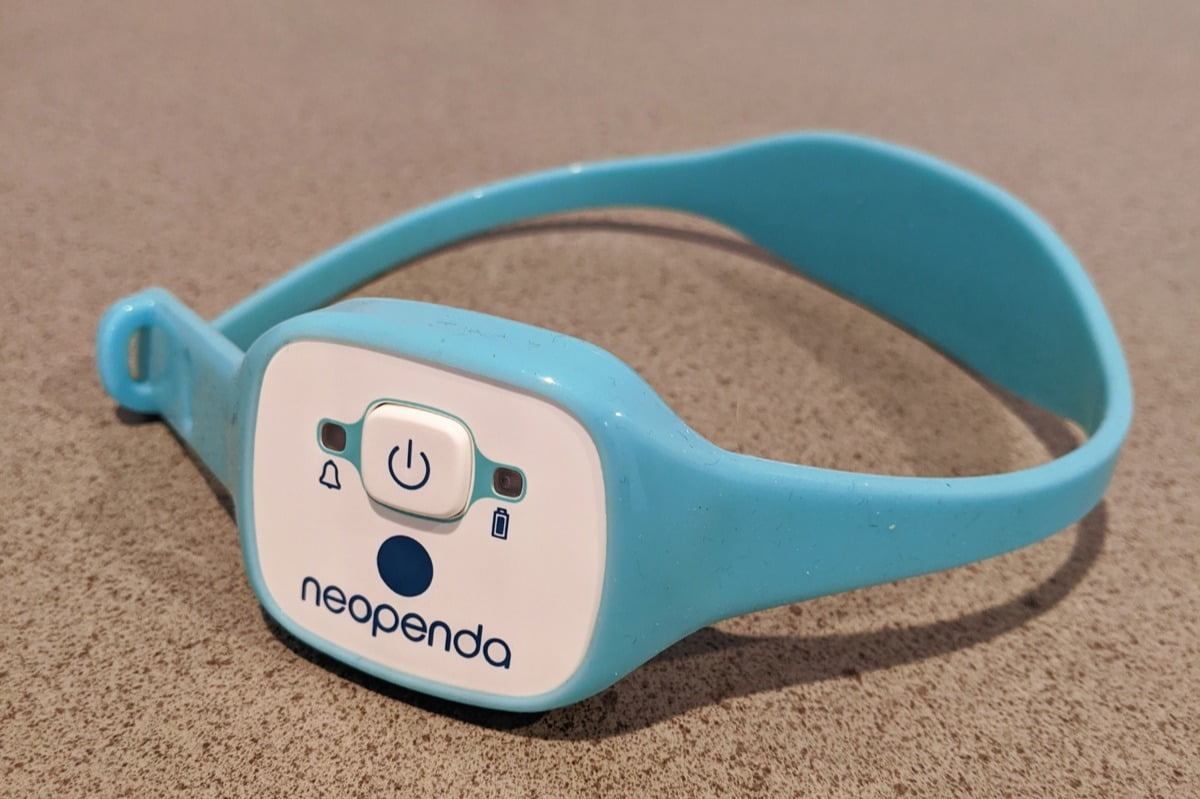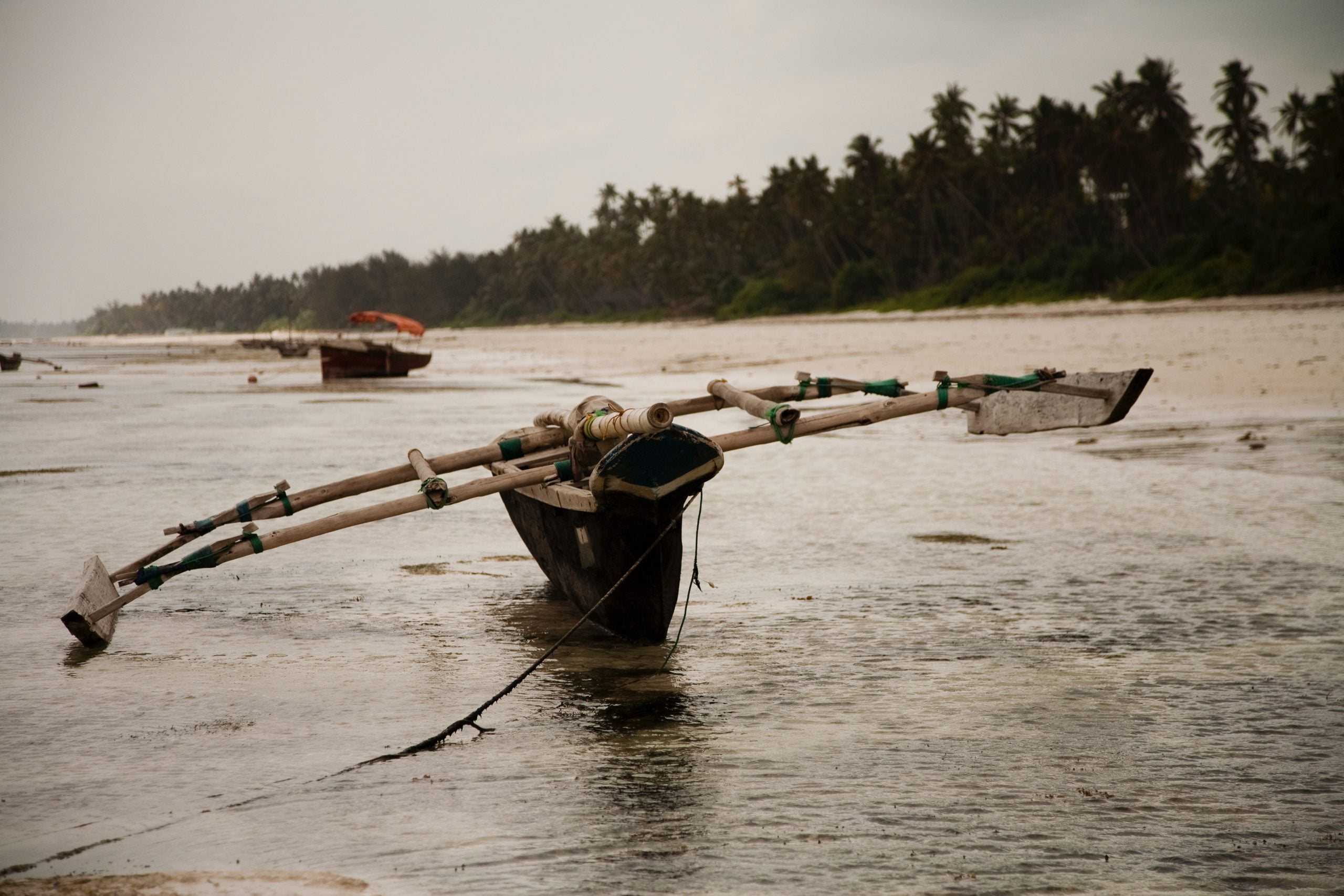Neopenda has designed a wireless vital signs monitor for new-born babies. The monitor is targeted at low-resource health facilities, where patient loads are high and healthcare workers are stretched. One member of staff can be monitoring 15-30 babies alone, making it very difficult to respond effectively to all patients. The monitors will be used in Kenya, Tanzania and Nigeria.
Worldwide, there have been over 126 million cases of Covid-19 and an estimated 2.7 million deaths. The pandemic has highlighted existing inequalities in our world: some people are at greater risk of illness, have less access to healthcare, and suffer from more adverse impacts due to measures introduced to contain the pandemic. At present, the World Health Organization (WHO) estimates an additional 132 million people have become undernourished as a result of Covid-19, while over 85 million people are at risk of falling into extreme poverty. These figures suggest that the knock-on effects of the pandemic could be long lasting on people’s health and livelihoods.
This World Health Day, WHO is inviting people to join the year-long campaign ‘Protect. Invest. Together.’ The theme for 2021 is a celebration of the many health and care workers who have dedicated their time to fighting Covid-19. WHO is calling for leaders to ensure everyone can live and work in conditions conducive to good health, by asking them to:
- Work together with affected communities to achieve the greatest impact, including enabling a safe working environment for health workers and prioritising their vaccinations.
- Collect reliable data, including characteristics such as gender and disability, so that inequities can be assessed and addressed.
- Tackle inequities at their root causes, and invest in primary healthcare.
- Act beyond borders to ensure global health for all.
We are committed to challenging inequalities in healthcare through our work on Efficiency for Access and its flagship initiative the Low Energy Inclusive Appliances programme (LEIA). As part of our work on LEIA, we manage the Efficiency for Access Research and Development Fund, which launched the Enabling Technologies Call in 2020. Funding was awarded to companies developing innovative appliances with clean energy that will help level the playing field for women and other disadvantaged groups in some of the world’s poorest countries.
Appliances can have a considerable impact on people’s income and health. Here, we look at two organisations who received funding for projects that support the overall wellbeing of individuals, health and care workers. To tie in with the theme of this year’s World Health Day, we are spotlighting innovations that tackle inequalities at the root cause, act beyond borders and work within communities for the greatest impact.
A wireless vital signs monitor for new-born babies

How does it work?
The monitor continuously measures four vital signs: pulse rate, respiratory rate, oxygen saturation and temperature. The data is transmitted via Bluetooth to a central tablet, where many patients’ information is shown on a dashboard. The monitors are wireless, rechargeable and reusable.
What impact does it have on health?
The monitor can improve new-born health outcomes by providing health staff with early warning of a patient’s declining status. Staff can receive a real-time visual and audio alert if any vital signs fall out of the acceptable range. This allows for more timely and effective interventions.
Read more in our interview with Neopenda.
Solar-powered ice flake machine
Adili Solar Hubs is developing a solar-powered ice flake machine with an integrated water purification unit. In fishing communities in Kenya, men are mainly responsible for fishing, while women carry out the post-harvest processing. This includes drying, smoking or deep-frying the fish. Unfortunately, this reduces the market value of the fish, and means it cannot be used in restaurants or exported to overseas markets. The cold chain (temperature-controlled supply chain) is also managed by large industries in urban centres, far away from the fishing communities.
By producing ice with clean water at the shore, Adili Solar Hubs aims to bring cold chain management services to local areas, so that the harvested fish will stay fresh for longer, increasing the economic value of the fish. Adili Solar Hubs aim to work across the entire fish value chain, helping the fishing communities to access new or more reliable markets.

How does it work?
The product is an integrated system that includes a water purification unit, an ice flake machine, an off-grid solar system and a smart controller. The smart controller will enable the machine to be mostly powered by direct solar energy, reducing the need for large energy storage. The excess solar energy will power the purification process for remaining water in the tank. A remote monitoring feature will alert the user to any issues from afar.
What impact does it have on health?
At a community level, investment into improved food and job security can contribute to better overall health. Currently, fishers can lose 25% of their stock due to poor storage. This project will benefit fishing communities in Kenya by reducing post-harvest fish loss. It could also help to grow the fish market and provide employment opportunities for women and youth. Keeping food fresh for longer will increase food security and reduce the likelihood of malnutrition, which 26% of children in Kenya currently suffer from. Improved employment, income and food security can all help people avoid going hungry and improve their overall health.
Tackling inequalities for healthy communities
Adverse health impacts can be indirect or invisible. Innovation that supports the whole community and tackles existing inequalities can improve people’s health and livelihoods in the long-term.
Further reading
How innovative technologies can help people withstand Covid-19 and build climate resilience
Since the Covid-19 pandemic began, it has become clear that affordable, energy efficient appliances can help people in the world’s poorest countries…
NewsPhasing down HFCs in off- and weak-grid refrigeration
The report aims to raise awareness around the use of fluorinated gases in refrigerators in the energy access community.
BlogA pathway to green recovery: repair, reuse and refurbish solar systems
Access to affordable, reliable and safe solar systems improves the lives of individuals, but what happens when these break down?